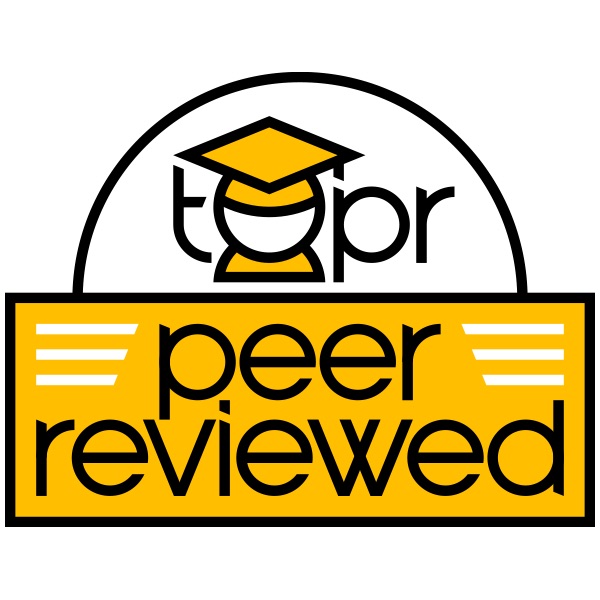
Description
Developing oral communication skills is included as a learning objective for many general education programs and courses, however, implementation and assessment of such skills varies by course and instructor (Sapia et al., 2020). Different forms of oral communication are incorporated into online introductory or upper-level courses. These include synchronous discussions as well as more formal oral presentations such as recorded videos, and live presentations. Many students are anxious about group oral presentations due to worries about effective communication and equitable group member engagement and participation (Hall, 2012, Murray, 2017). Encouraging collaboration using accessible, shared documents such as Google Slides (Hu, 2015) and transparency and accountability using a planning template assists students in the preparation phase of group work and sets groups up for success.
Link to Example artifact(s)
In a fully virtual culinary chemistry course presented by Instructor Dr. Melissa Mullen Davis at Millersville University, teams of students completed a Global Food Project where they investigated a recipe common to a unique global region outside of the United States (Dabrowski & Manson McManamy, 2020).
The project culminated in a group virtual presentation to peers. To facilitate collaboration at the start of the project, students in a virtual, synchronous session completed a Group Presentation Preparation Template in Google Slides. This shared document was accessible to the students and to the instructor and listed the chosen recipe or topic of the presentation. Student teams used the template to clarify decisions including the format of the presentation, when or how the group will coordinate finalizing the presentation, and a table of expectations for each group member’s contribution. Some groups included links to shared group materials. Clarifying group member expectations and maintaining a record of decisions during the planning session was important for successful completion of the group project and for assessment of student contributions. In an end of project anonymous survey, 93% of students agreed that the guided synchronous planning session devoted to group work was helpful for project completion (response rate 70%).
In any course with a group or team project, encouraging students to communicate clearly and set expectations is essential for success. Providing a planning template or additional resource to facilitate student collaboration will increase transparency and accountability between group members and with the instructor. The template can be customized for each project and can include specific questions that students should answer in the project or presentation. Increasing student confidence in project completion can help minimize anxiety about equitable group member contribution. A group planning template also provides a framework for students that they can use in future team or group work in classes and teamwork beyond the classroom.
Artifact: Group Presentation Preparation Template Google Slide Deck
Link to scholarly reference(s)
Dabrowski, J.A., & Manson McManamy, M.E. (2020) Design of culinary transformations: A chemistry course for nonscience majors. Journal of Chemical Education, 97(5), 1283-1288.
Hall, D., & Buzwell, S. (2012) The problem of free-riding in group projects: Looking beyond social loafing as reason for non-contribution. Active Learning in Higher Education, 14(1), 37-49.
Hu, H. (2015) Building virtual teams: experiential learning using emerging technologies. E-learning and Digital Media, 12(1), 17-33.
Murray, J.W. & Lee, J. (Reviewing Editor) (2017). I hate/don’t hate/still hate group projects! A tripartite ethical framework for enhancing student collaboration. Cogent Education, 4,1. DOI: 10.1080/2331186X.2017.1377507
Sapia, M., Heller, G., Dawson, D., & Carmack, N. (2020). Using an online instructor survey as a part of comprehensive assessment: An example in oral communication. Research & Practice in Assessment, 15(1).
Citation
Mullen-Davis, M. (2023). Encouraging Transparency and Accountability for Group Oral Presentations. In deNoyelles, A., Bauer, S., & Wyatt, S. (Eds.), Teaching Online Pedagogical Repository. Orlando, FL: University of Central Florida Center for Distributed Learning.